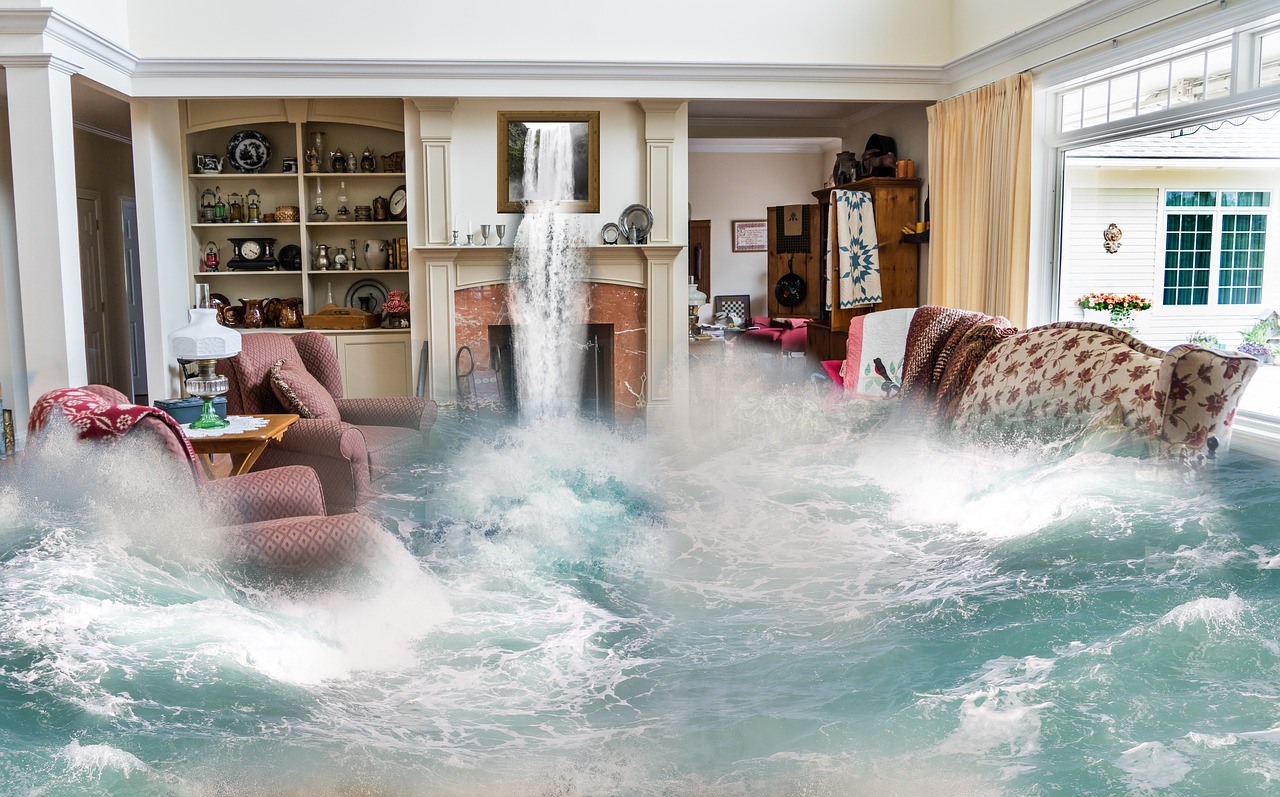by Sharon Jones
We can carry out regular checks and maintenance work to our plumbing and appliances to make sure they do not cause internal flooding in our home. If repairs are needed, it’s easy to call for appliance repair Toronto. When it comes to external natural flooding, despite its unpredictability, there are also a variety of actions we can take to limit the damage it causes.
Foundations
Damage control needs to begin in the foundations of your home. If you live in an area prone to flooding, or you just like to be prepared for every eventuality, consider installing stilts to elevate the building. Properties prone to rising dampness are often that way as a result of a build-up of water beneath them. The best way to avoid this is by installing a sump pump below the house, which collects and pumps away collections of water. It is also a good idea to have foundation vents to allow water to flow away from rather than pool around or beneath your home.
External
If you’re in the position of choosing a new home, think carefully about its location. Homes built on a hill or other form of elevated land are safer when it comes to flooding, as water will flow away from the house. For the same reason, if it is possible to do so, landscape your lawn to include a gradient that slopes away from the main house.
If you're concerned about your property and protecting it from flooding, it is also worth speaking to professional landscapers to see if installing drainage systems would be a good solution to prevent this. It is also a good idea to apply a water-resistant coating to the outside of your home to stop water from being able to saturate the walls and to apply sealants to any gaps in the structure that could let water in. Do not neglect taking care of your guttering as well. If you have old guttering that is not properly distributing the water away from your home, then you may want to talk with a company that provides seemless gutters in charleston sc, or within your location, so you can get this installed before bad weather comes your way.
Internal
Internally, make sure all electrical sockets are raised so that if you do have low-level flooding, the water cannot access the electrical supply and cause significant problems. When it comes to your plumbing, make sure there are valves in your pipes that will stop water being able to flow in the wrong direction. This will stop flood water from being able to make its way into your home through pipes that are designed to transport water out.
Interior spaces that are below ground, like basements, can be very at risk of flooding. Cracks in the foundation can help water easily penetrate into the home. A waterproofing company will make sure these areas are protected from flooding.
Restoration
If flood water does manage to access your home despite the precautions you’ve put in place, it’s best to hire a specialist service like ServiceMaster Restoration by Zaba. They have professional, commercial standard equipment that extracts the water from your home and belongings, then dries everything out and de-humidifies the atmosphere. Anywhere that the water has touched will need to be disinfected and anti-mould treatment will need to be applied to avoid a potentially harmful outbreak.
As you can see, there are plenty of things you can do to protect your home from flooding. First, make sure your home is elevated, whether it’s using stilts or on elevated ground. Reinforce this with a sump pump and vents so that water doesn’t pool around your home. Coat the outside of your home with a water-resistant material, and make sure all electrical sockets are raised inside. Finally, if water does enter your home, complete the restoration process quickly and professionally, and don’t forget to disinfect and treat for mold. Visit zenruption.com for more home maintenance tips.


